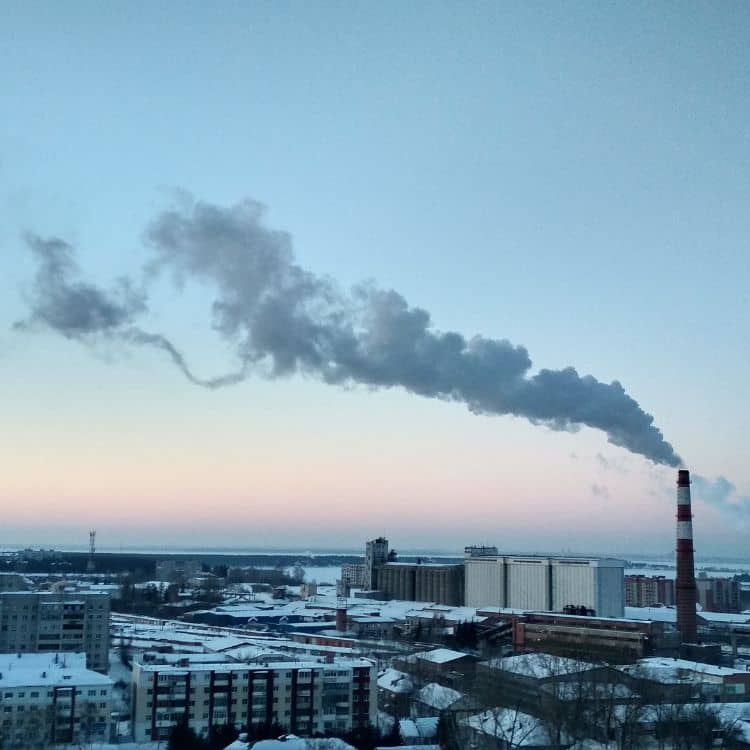CO2 emissions play a major role in climate change. Guest host and J.D./UPEP doctoral candidate Gabriela Nagle Alverio speaks with Sanford Professor and Interim Director of the Nicholas Institute for Energy, Environment, and Sustainability Brian Murray about different carbon tax approaches and their pros and cons for curbing emissions.
Guest:
Brian Murray: Interim Director of the Nicholas Institute for Energy, Environment & Sustainability, Research Professor at the Sanford School of Public Policy, and at the Nicholas School of the Environment
This is the third in a series of conversations about climate change.
Conversation Highlights
Responses have been edited for clarity.
Brian Murray on the definition of a carbon tax:
Carbon pricing is effectively putting a unit price on carbon dioxide and other greenhouse gases that are emitted into the atmosphere or in some cases as they’re removed from the atmosphere. The basic premise is it provides an economic incentive to reduce those emissions because currently they are untraced, so they’re treated as free. And when it’s free to emit greenhouse gases, we’re not incentivized to reduce those emissions.
Brian Murray on emissions trading programs:
Another approach is called cap-and-trade or emissions trading. In a cap-and-trade program, the government issues a fixed number of permits, but they allow those permits to be sold in a market. So, if I need more permits to issue more greenhouse gases, I need to buy them from somebody else who’s able to reduce their greenhouse gases so that they won’t need the permit. It creates forces of supply and demand, which then creates a market price for emissions permits. And it’s that price that provides the same kind of economic signal to reduce emissions as a carbon tax.
Brian Murray on the Inflation Reduction Act:
The Inflation Reduction Act was just passed in August, much to the surprise of just about everyone I know, including people who work in the administration. It’s massive in terms of relative scale to any other climate policy. It’s mostly about energy – low carbon energy or zero carbon energy.
Brian Murray on the Duke Climate Commitment:
The new Duke Climate Commitment aims to deploy all aspects of the university’s mission: education, research, engagement, public service, campus operations and community partnerships, in pursuit of sustainable and equitable solutions to climate change. Climate change is a wicked challenge, but it’s a necessary challenge. It is among the most significant challenges of our time.
We are trying to train people to have climate fluency so they can be change-makers when they’re here on campus, but also soon after they leave campus. We educate students, but we also have a lifetime commitment to our alumni and to other partners of this university. We have a lot of exciting programs that we are developing right now to work with all these populations.
- Read the conversation transcript.
- Find out more about the Duke Climate Commitment.


